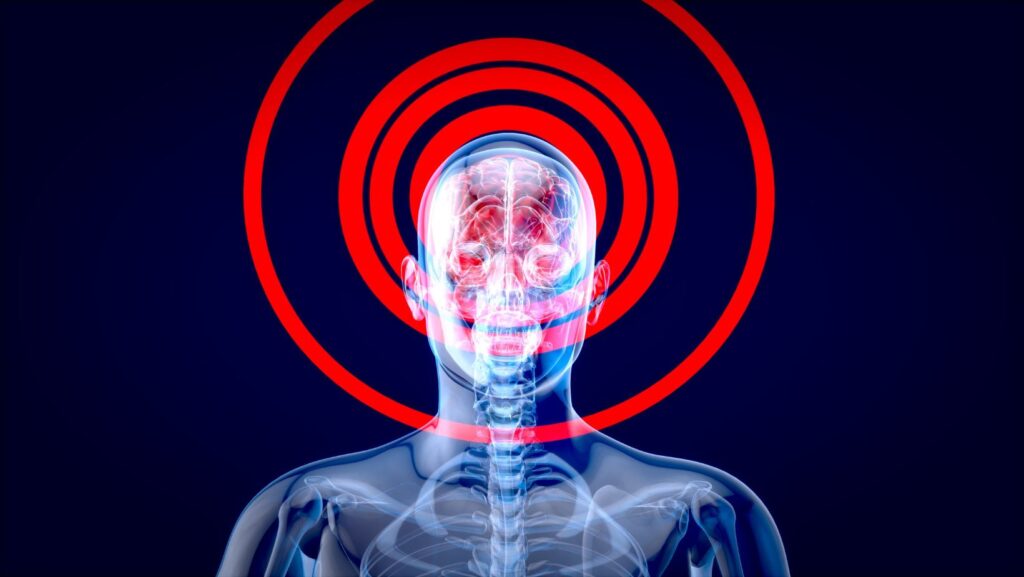Sport Psychology Definition
Sport psychology definition delves into how mental factors affect performance and how participation in sports impacts psychological well-being. Athletes, coaches, and teams increasingly rely on these insights to gain a competitive edge. By focusing on motivation, confidence, and team dynamics, sport psychology helps athletes overcome mental barriers and achieve peak performance.
Sport psychology definition examines the mental factors influencing athletic performance. It encompasses techniques that enhance focus, confidence, and motivation in sports.
Key Elements of Sport Psychology
- Mental Toughness: Athletes need resilience to face challenges. This includes maintaining composure during stress and persistence after setbacks.
- Motivation: Drives athletes to achieve goals. Intrinsic motivation stems from personal satisfaction, while extrinsic motivation is influenced by external rewards.
- Confidence: Essential for peak performance. Consistent self-assurance allows athletes to trust in their abilities, especially under pressure.
- Team Dynamics: Influences group performance. Successful teams benefit from clear communication, cohesion, and shared objectives.
Sport psychology impacts athletic success. Enhanced mental skills can improve focus and execution during competitions. Athletes applying psychological strategies often report higher levels of satisfaction and reduced anxiety. These factors contribute to achieving optimal performance in diverse sporting environments.
The Evolution of Sport Psychology
Sport psychology definition has grown significantly, adapting to the evolving needs of athletes and sports professionals. Sport psychology’s origins trace back to the early 20th century. In 1898, Norman Triplett conducted pioneering research on social facilitation, marking one of the first scientific studies in this field.  By the 1920s and 1930s, psychologists like Coleman Griffith in the United States began formal research and application, studying how psychological processes influence sports performance. Although initially limited to elite athletes, interest expanded steadily.
By the 1920s and 1930s, psychologists like Coleman Griffith in the United States began formal research and application, studying how psychological processes influence sports performance. Although initially limited to elite athletes, interest expanded steadily.
Recent decades have seen comprehensive integration of sport psychology into various sports. Enhanced focus on mental training programs has emerged as a critical component in professional and amateur sports alike. Multidisciplinary collaboration between coaches, psychologists, and medical professionals has driven innovations in techniques such as visualization and self-talk. The advent of technology in sport psychology, including biofeedback and virtual reality simulations, has further advanced the ability to train athletes effectively. Demand for mental health support in sports settings also underscores its modern relevance.
Core Concepts in Sport Psychology
Sport psychology definition combines mental skills training with performance enhancement. Understanding its core concepts illuminates how athletes can optimize their psychological state for success Motivation serves as a fundamental driver in sports, affecting an athlete’s commitment and effort levels. It manifests as intrinsic, driven by personal satisfaction and love for the sport, or extrinsic, motivated by external rewards. Goal setting enhances motivation by providing clear targets. SMART goals—specific, measurable, achievable, relevant, time-bound—are effective in maintaining focus and direction. By leveraging both types of motivation and setting structured goals, athletes can sustain prolonged and effective engagement in their sports.
Mental toughness involves maintaining focus and performance under pressure. It’s characterized by confidence, composure, and perseverance. Resilience, a related concept, denotes the ability to recover from setbacks and adapt to challenging situations. Training these traits includes developing a positive mindset, practicing visualization, and engaging in challenging scenarios to build stress resistance. Athletes with high mental toughness and resilience often display greater endurance during competitions and achieve enhanced performance levels.
Stress impacts athletic performance, making its management crucial. Effective strategies include relaxation techniques like deep breathing and progressive muscle relaxation to lower physiological stress responses. Cognitive-behavioral approaches, such as reframing negative thoughts, help athletes maintain focus and reduce anxiety. Furthermore, integrating routine coping strategies, like maintaining social support and balancing training demands, assists athletes in managing stress more efficiently. These practices contribute to sustained mental well-being and optimal performance in competitive environments.
Sport psychology stands as a vital component in the modern athletic landscape. By addressing the mental aspects of performance, athletes can enhance their focus, resilience, and overall satisfaction. The integration of mental training techniques and psychological strategies not only aids in overcoming mental barriers but also fosters a deeper understanding of team dynamics and individual capabilities.
As the field continues to evolve, the importance of sport psychology in achieving peak performance becomes increasingly apparent. Whether through mental toughness, motivation, or innovative training methods, athletes and coaches alike benefit from the insights sport psychology provides. This holistic approach ensures that athletes are well-equipped to excel both on and off the field, making sport psychology an indispensable tool for success in today’s competitive sports environment.

